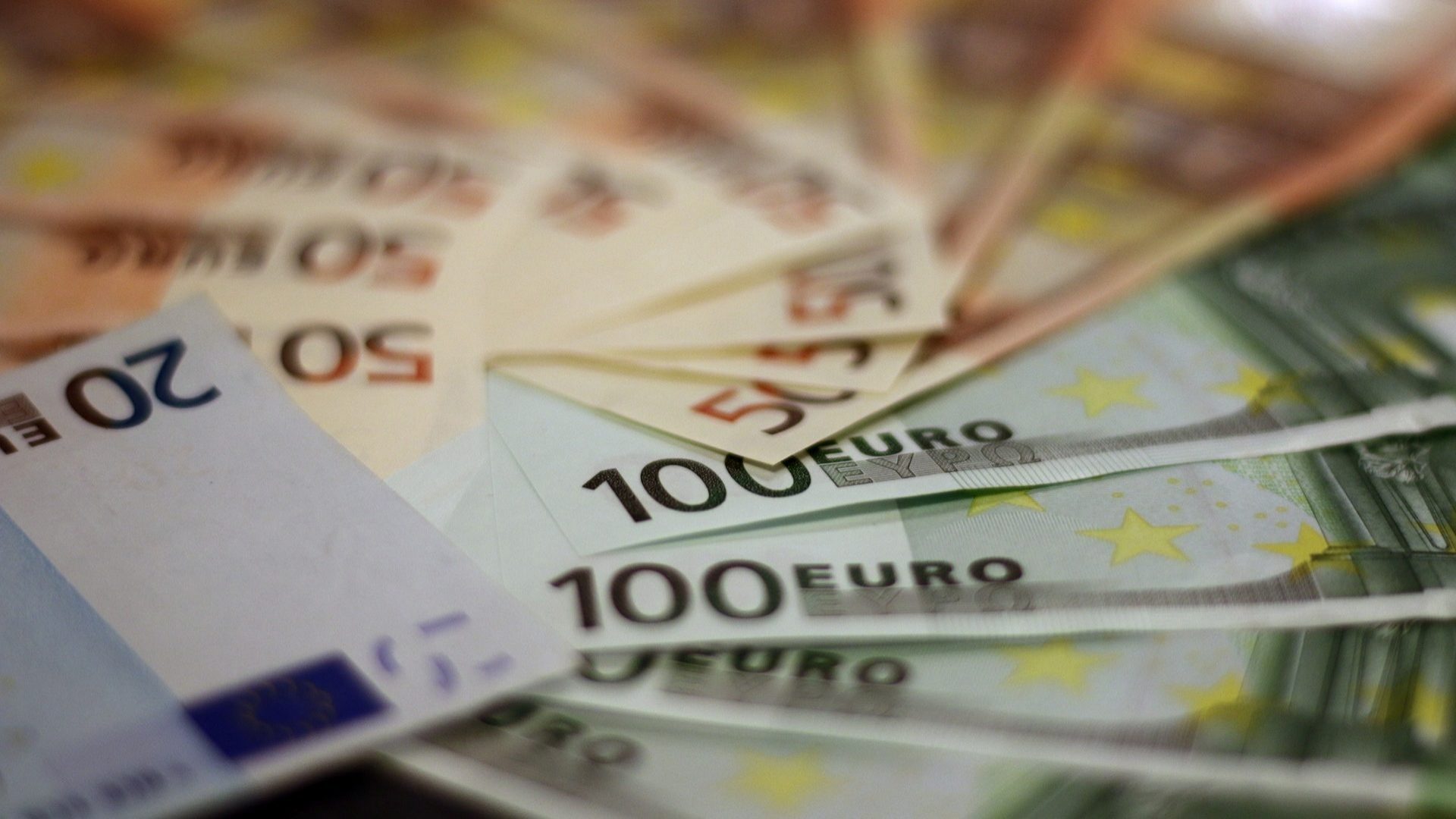Pandemic impacts economic growth this year – João Leão
Portugal's finance minister, João Leão, said on Friday that the pandemic would imply reviewing the growth of the country's economy in 2021.
Portugal’s finance minister said on Friday that the pandemic would imply reviewing the growth of the economy this year and praised entrepreneurs, workers and families for the admirable resilience that contributed to a lower than expected deficit of 5.7% in 2020.
“The pandemic will imply the revision of the growth of the economy this year,” João Leão said at a press conference after the Statistics Portugal (INE) disclosed that the Public Administrations recorded a deficit of 5.7% of Gross Domestic Product (GDP) in 2020, corresponding to just over €11.5 billion, returning to the negative ground after the 2019 surplus.
Still, the evolution of the deficit was less negative than anticipated due to the performance of the economy and the resilience of the labour market, he said.
“The country managed to resist the crisis better than expected,” João Leão mentioned, praising entrepreneurs, workers and families for their admirable resilience.
However, this year, he said, “the pandemic is having a stronger impact than anticipated, which should lead to a smaller reduction in the 2021 deficit than expected.
Concerning public finances, the evolution and reduction of the budget deficit expected for this year would be much smaller, João Leão pointed out.
Leão also highlighted that the exceptional support to the economy, businesses and health in 2020 was about one billion euros above expected.
The government is prepared to continue supporting businesses and families for as long as the pandemic lasts. He told reporters, adding that the economy has the conditions to recover from the crisis so the country can look to the future with more confidence, he said.
After 2019 produced the first surplus in public accounts since 1973, with a positive balance of 0.1% of GDP, the Portuguese economy returned to a deficit in 2020, a year in which the economic scenario was strongly marked by the effects of the covid-19 pandemic.
The forecasts published by the European Commission at the end of last year pointed to a negative budget balance of 7.3% of GDP in 2020, a figure equal to that initially predicted by the Portuguese government, which, however, had acknowledged that the final result could be closer to that forecast in the 2020 supplementary budget, which was 6.3% of GDP.
More pessimistic, the International Monetary Fund (IMF) and the Organisation for Economic Cooperation and Development (OECD) predicted a deficit of 8.4% and 7.9% of GDP, respectively, for the Portuguese economy in 2020.
At the end of the third quarter of 2020, the government had a deficit of 4.9% of GDP after remaining at 5.4% until June.


